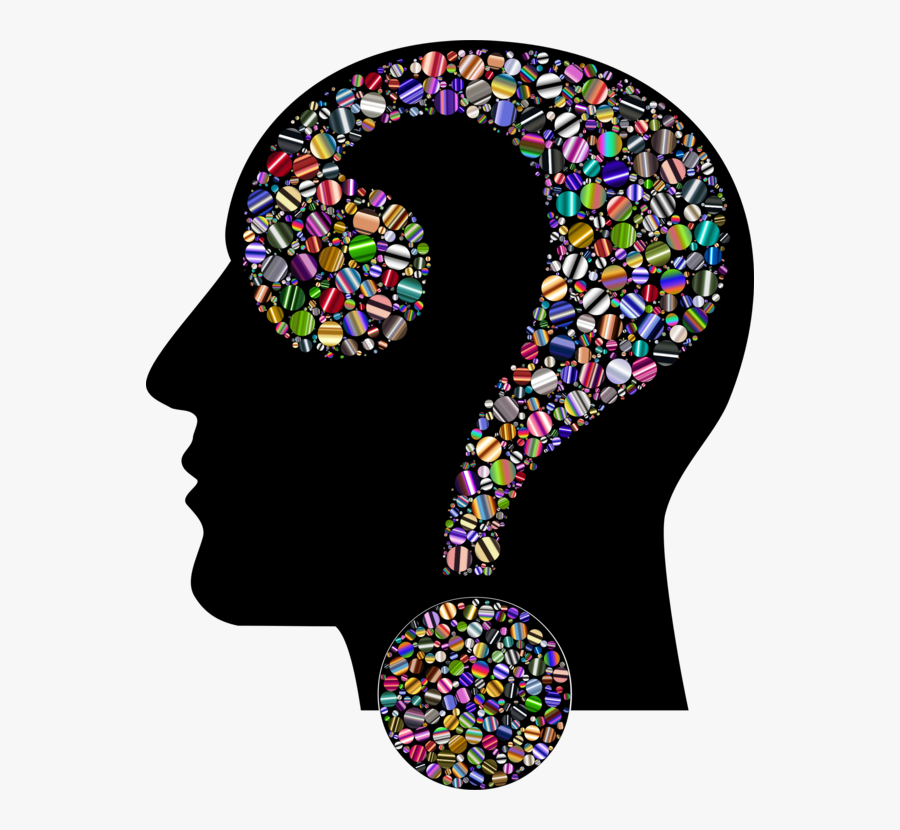Discovering the Keys of the Best Psychologist in Delhi for Anxiety Relief
Discovering the Keys of the Best Psychologist in Delhi for Anxiety Relief
Blog Article
The Role of Psych Therapy in Handling Anxiousness and Clinical Depression
Psychiatric therapy has actually arised as a cornerstone in the management of anxiousness and depression, supplying tailored interventions that vary from Cognitive-Behavioral Therapy (CBT) to mindfulness-based approaches. These techniques not only assist people in recognizing and reorganizing adverse thought patterns yet also foster present-moment recognition, decreasing the tendency to ponder.
Recognizing Anxiousness and Clinical Depression
Comprehending anxiousness and depression calls for a detailed look at these prevalent mental health and wellness problems, which usually coexist and significantly impact an individual's daily life. Alternatively, depression shows up as a pervasive sensation of pessimism, emptiness, or despair, often accompanied by a loss of passion in formerly appreciated tasks, modifications in cravings, and rest disturbances.
The coexistence of stress and anxiety and clinical depression can make complex and worsen signs and symptoms diagnosis and treatment. People experiencing both conditions might experience much more extreme signs and symptoms, higher disability in work-related and social performance, and a much longer duration of illness. This comorbidity necessitates a nuanced understanding and technique to therapy.
Cognitive patterns like negative thinking and maladaptive behaviors can bolster these problems. Comprehensive evaluation by psychological health and wellness specialists is vital to recognize the presence and degree of these conditions, leading the method for tailored restorative strategies.
Kinds Of Psychiatric Therapy
Psychiatric therapy, additionally recognized as talk therapy, includes a selection of treatment methods designed to relieve symptoms of anxiousness and anxiety by dealing with the underlying mental and emotional concerns. Various kinds of psychotherapy are tailored to meet the unique demands of people, offering an array of approaches to mental healthcare.
One commonly utilized form is psychodynamic therapy, which concentrates on understanding and resolving unconscious conflicts stemming from early life experiences. By discovering these ingrained problems, individuals get understanding right into their existing habits and emotion.
Interpersonal Therapy (IPT) is an additional efficient modality that focuses on enhancing social partnerships and function to lower depressive signs. It usually attends to concerns such as grief, duty changes, and social disagreements.
Humanistic treatments, such as Client-Centered Therapy, highlight individual growth and self-actualization. Best Psychologist in Delhi. These approaches develop a helpful setting where individuals can explore their sensations and develop a stronger sense of self
Lastly, Dialectical Behavior Modification (DBT) incorporates cognitive-behavioral methods with mindfulness techniques. Initially created for borderline character disorder, DBT has actually been adjusted to deal with anxiousness and clinical depression by teaching skills in distress tolerance, emotional law, and social performance.
These varied psychotherapeutic methods supply several pathways to mental wellness and health, dealing with individual preferences and therapeutic needs.
Cognitive-Behavioral Therapy (CBT)
Amongst the numerous psychotherapeutic techniques, Cognitive-Behavioral Therapy (CBT) attracts attention for its organized, goal-oriented technique in treating anxiousness and depression. Created by Aaron T. Beck in the 1960s, CBT is based on the idea that maladaptive reasoning patterns add substantially to emotional distress and behavioral problems. By identifying and reorganizing these negative thought patterns, CBT aims to reduce symptoms and foster much healthier cognitive procedures.
CBT is typically temporary, spanning 12 to 20 sessions, and entails a collaborative effort in between therapist and person. The therapy encompasses a selection of strategies, including cognitive restructuring, exposure therapy, and behavioral activation. Cognitive restructuring concentrates on testing and changing distorted cognitions, while exposure therapy slowly adapts clients to anxiety-provoking stimuli, reducing avoidance actions. Behavior activation looks for to boost interaction in gratifying activities to neutralize depressive states.
Empirical evidence underscores the effectiveness of CBT, with many research studies demonstrating its effectiveness in reducing symptoms of stress and anxiety and anxiety. This therapeutic approach has actually been adjusted for various populations and settings, proving adaptable and versatile. Its structured nature, empirical support, and concentrate on skill procurement make CBT a foundation in the psychotherapeutic treatment of anxiety and anxiety.
Mindfulness-Based Strategies
Mindfulness-Based Techniques have garnered considerable focus over the last few years as reliable interventions for anxiousness and depression. Rooted in ancient meditation methods, these methods try these out intend to grow an increased understanding of the present moment, which can help people disengage from the ruminative thought patterns typically connected with anxiousness and depressive disorders.

In A Similar Way, Mindfulness-Based Cognitive Treatment (MBCT) integrates concepts from Cognitive-Behavioral Treatment (CBT) with mindfulness strategies. MBCT is specifically reliable in preventing regression in people with recurrent anxiety. By identifying very early warning indicators of depressive episodes, individuals learnt MBCT can apply mindfulness methods to mitigate the onset of full-on episodes.
Benefits of Psychotherapy
Countless studies have actually shown the extensive benefits of psychiatric therapy for individuals facing anxiety and clinical depression. Among the vital advantages is the improvement of psychological guideline. Psychiatric therapy equips patients with dealing approaches to handle traumatic emotions, consequently decreasing signs of stress and anxiety and depression. Cognitive-behavioral treatment (CBT), for instance, aids people identify and challenge unfavorable thought patterns, promoting a more balanced and favorable overview.
Moreover, psychiatric therapy supplies a structured setting for self-exploration and insight. By reviewing their experiences and feelings with a trained specialist, people can reveal underlying concerns adding to their psychological wellness battles. This self-awareness is a vital action toward long-lasting recovery and strength.
One more considerable benefit is the improvement of social skills. Anxiety and anxiety commonly strain partnerships, learn the facts here now causing isolation. Via therapeutic treatments, individuals find out reliable interaction and conflict-resolution abilities, which can enhance their interactions and foster supportive partnerships.
Additionally, psychiatric therapy offers a customized method to therapy. Specialists can adapt strategies to meet the one-of-a-kind requirements of each client, making sure an individualized treatment strategy. This modification boosts the efficacy of treatment, advertising sustained psychological wellness renovations. Eventually, the advantages of psychotherapy extend beyond signs and symptom alleviation, adding to total well-being and top quality of life.

Final Thought
Psychotherapy considerably contributes to the administration of stress and anxiety and clinical depression by providing reliable coping techniques and a secure atmosphere for self-exploration. Methods such as Cognitive-Behavioral Treatment (CBT) and mindfulness-based approaches contribute in identifying and reorganizing negative thought patterns, while promoting present-moment recognition. These tailored interventions not only minimize symptoms but additionally enhance psychological law and social abilities, consequently enhancing overall health and lifestyle for individuals encountering these mental health and wellness challenges.
Psychotherapy has actually emerged as a keystone in the monitoring of anxiety and anxiety, look at more info supplying tailored treatments that range from Cognitive-Behavioral Therapy (CBT) to mindfulness-based strategies.Understanding stress and anxiety and depression requires a thorough appearance at these common psychological health and wellness problems, which frequently exist together and considerably effect an individual's day-to-day life.Amongst the different psychotherapeutic modalities, Cognitive-Behavioral Therapy (CBT) stands out for its structured, goal-oriented technique in dealing with anxiety and depression.Countless studies have actually demonstrated the profound benefits of psychiatric therapy for people grappling with stress and anxiety and clinical depression. Psychiatric therapy gears up clients with dealing approaches to take care of upsetting emotions, therefore reducing symptoms of anxiousness and clinical depression.
Report this page